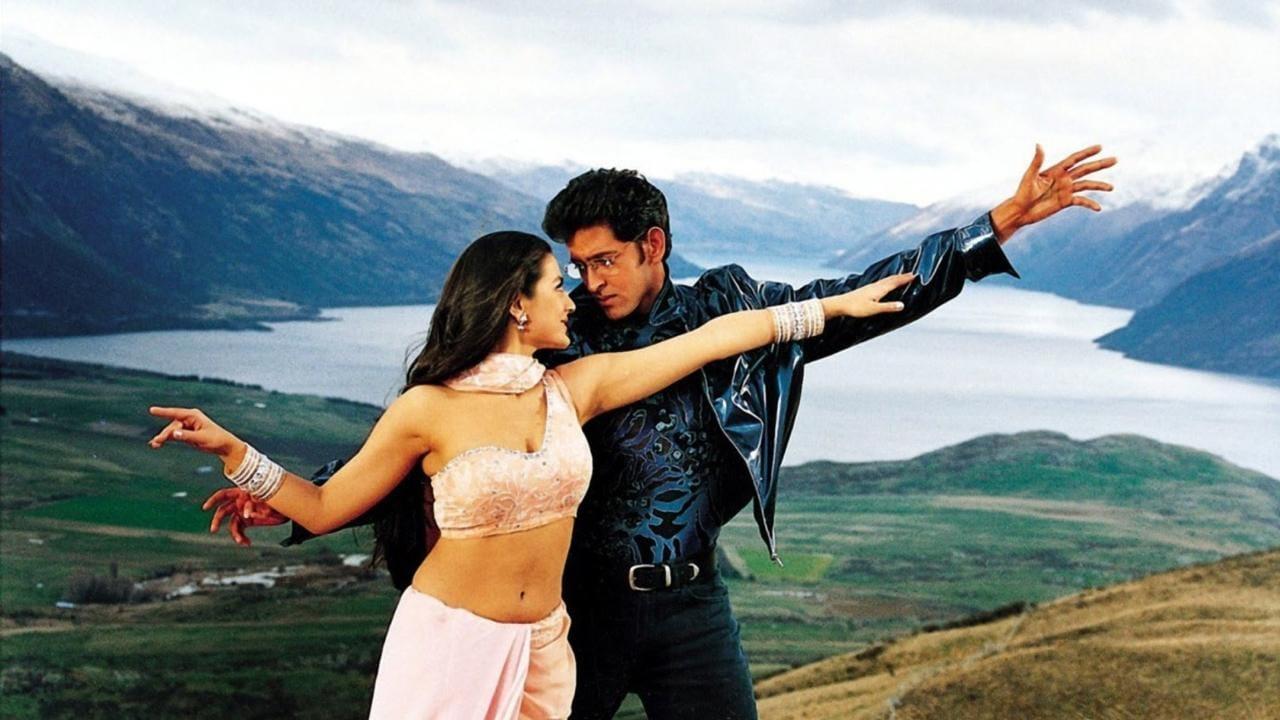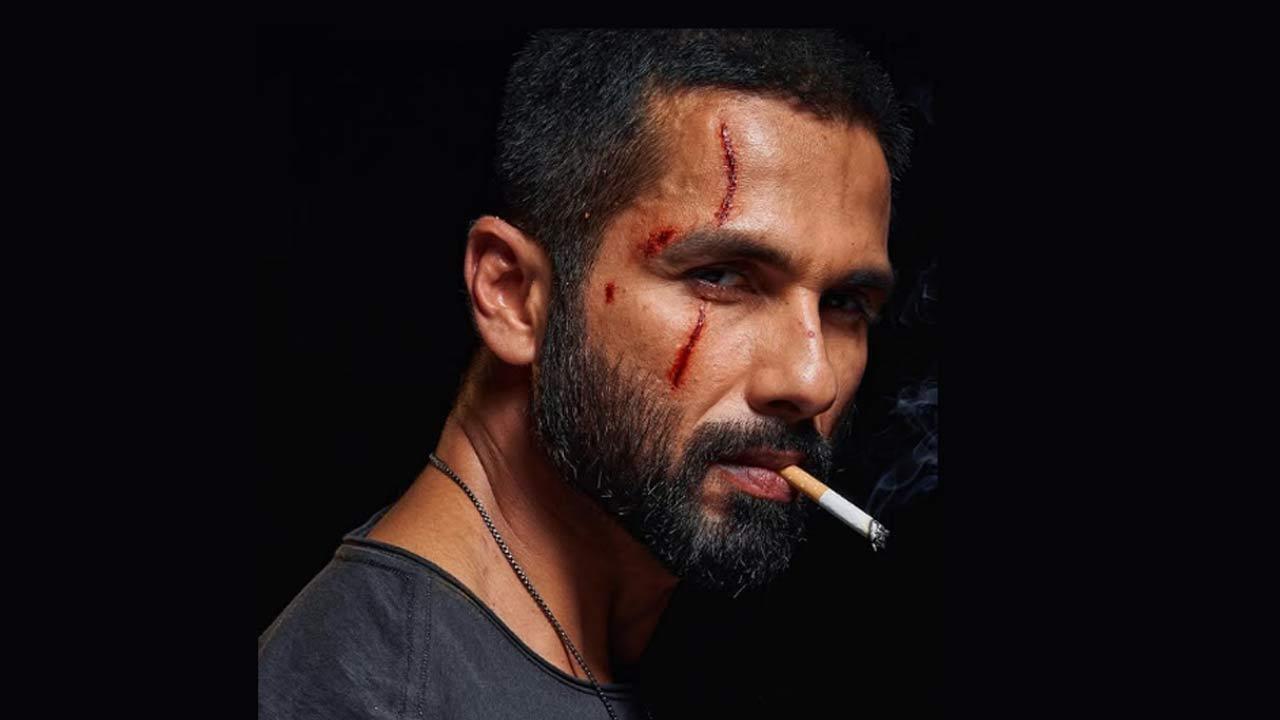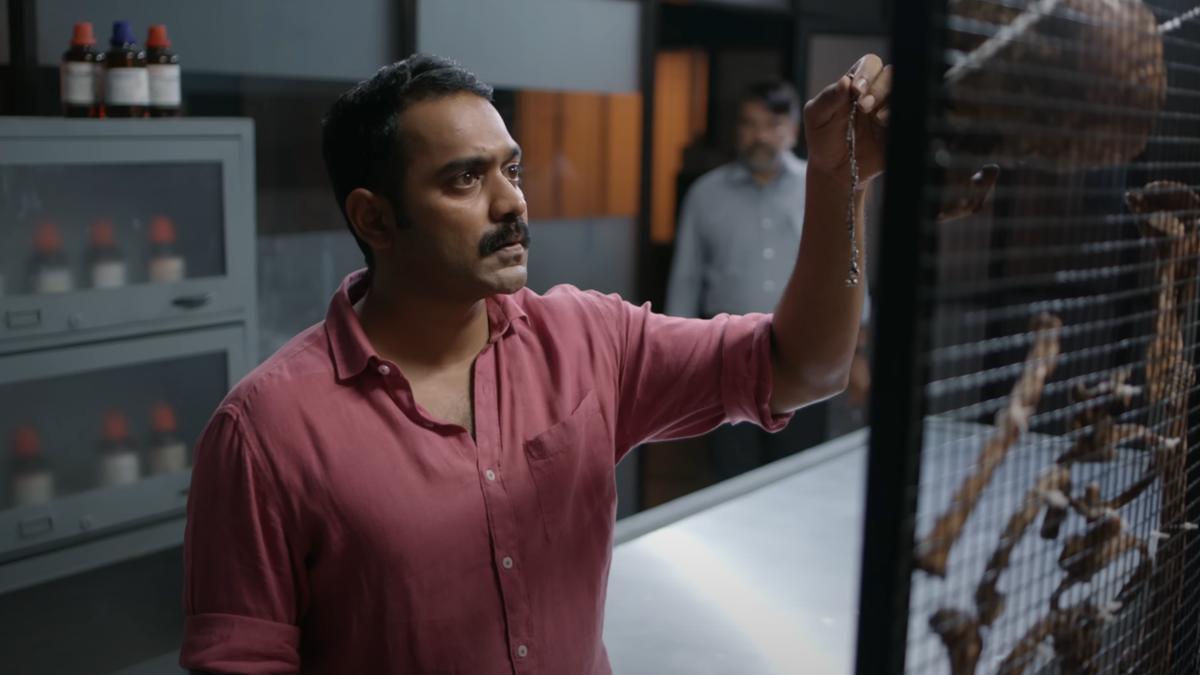
The celebrated filmmaker Priyadarshan has directed two segments in the anthology “Manorathangal,” which is based on nine stories penned by Jnanpith-awardee MT Vasudevan Nair. The anthology, which will premiere on ZEE5 on August 15, showcases a personal and emotional journey for Priyadarshan as he helms Olavum Theeravum and Shilalikhitham.
Expressing his deep-seated emotions, Priyadarshan recalls how the screenplay of Olavum Theeravum (1970), written by MT Vasudevan Nair, inspired him as a 15-year-old to pursue a career in directing. Priyadarshan states, “Initially, I gained recognition by creating full-length comedies, a rare genre in Malayalam cinema at the time. However, I always wanted to venture into different types of films, inspired by directors like IV Sasi, Sibi Malayil, and Hariharan, who created what are now considered classics in Malayalam cinema.”
Despite his early successes, Priyadarshan harbored a strong desire to direct a script written by the venerable MT Vasudevan Nair, although he initially felt apprehensive about approaching him. MT’s stern demeanor gave Priyadarshan pause until his friend and frequent collaborator, Mohanlal, intervened. “Mohanlal reached out to MT and requested him to consider writing a script for me,” he recounts.
Even though MT agreed and the two met a few times in Chennai, the project was halted when Priyadarshan’s father fell ill. MT’s compassionate advice to prioritize family over the film project deeply resonated with Priyadarshan. “He told me, ‘Cinema will happen again but parents cannot be replaced. Please go to him.’ Though the project didn’t take off then, his words stayed with me,” he remembers.
Years later, a surprising call from Aswathy V Nair, MT’s daughter, revived Priyadarshan’s hope. She proposed an anthology based on stories by her father and invited Priyadarshan to be both the showrunner and a director. “I immediately traveled to Kozhikode to meet MT, and I chose to direct Shilalikitham, a story given to me by MT sir,” Priyadarshan explains with reverence for his long-time inspiration, whom he considers his guru.
Casting for Shilalikhitham involved initially approaching Mammootty, who declined. Subsequently, Biju Menon, Shanti Krishna, and Joy Mathew were brought on board, with Menon playing the protagonist Gopalankutty—a man contemplating the sale of his ancestral home. Reflecting on this film, Priyadarshan asserts, “I consider Shilalikhitham my best work since my national award-winning feature Kanchivaram.
.”
Upon completing the segment, Priyadarshan screened it for MT, who watched the film alongside his daughter Aswathy. The silent endorsement and heartfelt commendation he received from his mentor moved Priyadarshan deeply. “MT sir held my hand, close to his chest, and said ‘nannayittunudu’ (well done). My eyes filled with tears at that moment,” he recalls.
The honor didn’t end there; Priyadarshan received another opportunity to direct Olavum Theeravum after the producers desired a film featuring Mohanlal. Aswathy, the creative director of the anthology, emphasized the importance of having a director who shared a strong rapport with the actor. Enthused, Priyadarshan requested MT to edit the script for a 50-minute featurette, making it the longest in the anthology.
Olavum Theeravum, originally directed by PN Menon, narrates the life of a timber merchant named Baputty and was one of the first Malayalam movies shot outdoors. Priyadarshan intended to stay true to the period setting and proposed filming in black and white. “MT sir was skeptical about the story’s relevance in the modern world. I assured him it would be a period piece,” Priyadarshan emphasizes.
He assembled a top-tier team for this venture, including Santosh Sivan as the DOP and Sabu Cyril as the art director. “Both agreed, and we had six days to shoot. We achieved a grand visual spectacle, complete with elements of water and fire, capturing the essence of that era. By the time we were ready for release, Bramayugam had already been released!” Priyadarshan exclaims, hinting at the challenge of producing a monochrome film in contemporary times.
Priyadarshan’s efforts were praised by Madhu, who expressed curiosity about the director’s choice to forgo the use of color, despite its availability even in the late 1960s. Priyadarshan concludes, “My work in Manorathangal is a kind of guru dakshina to MT Vasudevan Nair.”
Priyadarshan’s segments in “Manorathangal” take a deep dive into an era gone by, embodying the timeless narratives of MT Vasudevan Nair with modern cinematic techniques and a heartfelt tribute to his guru.










